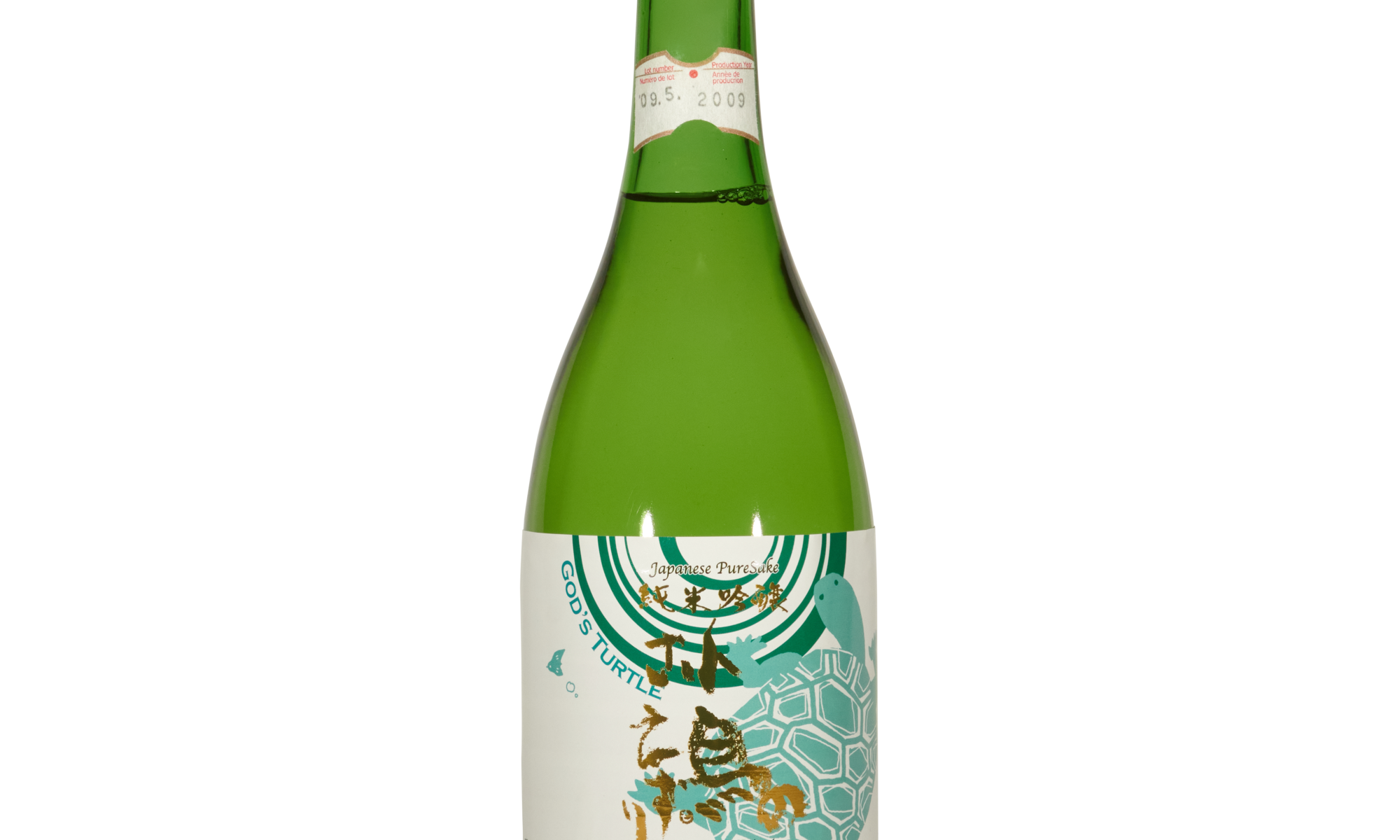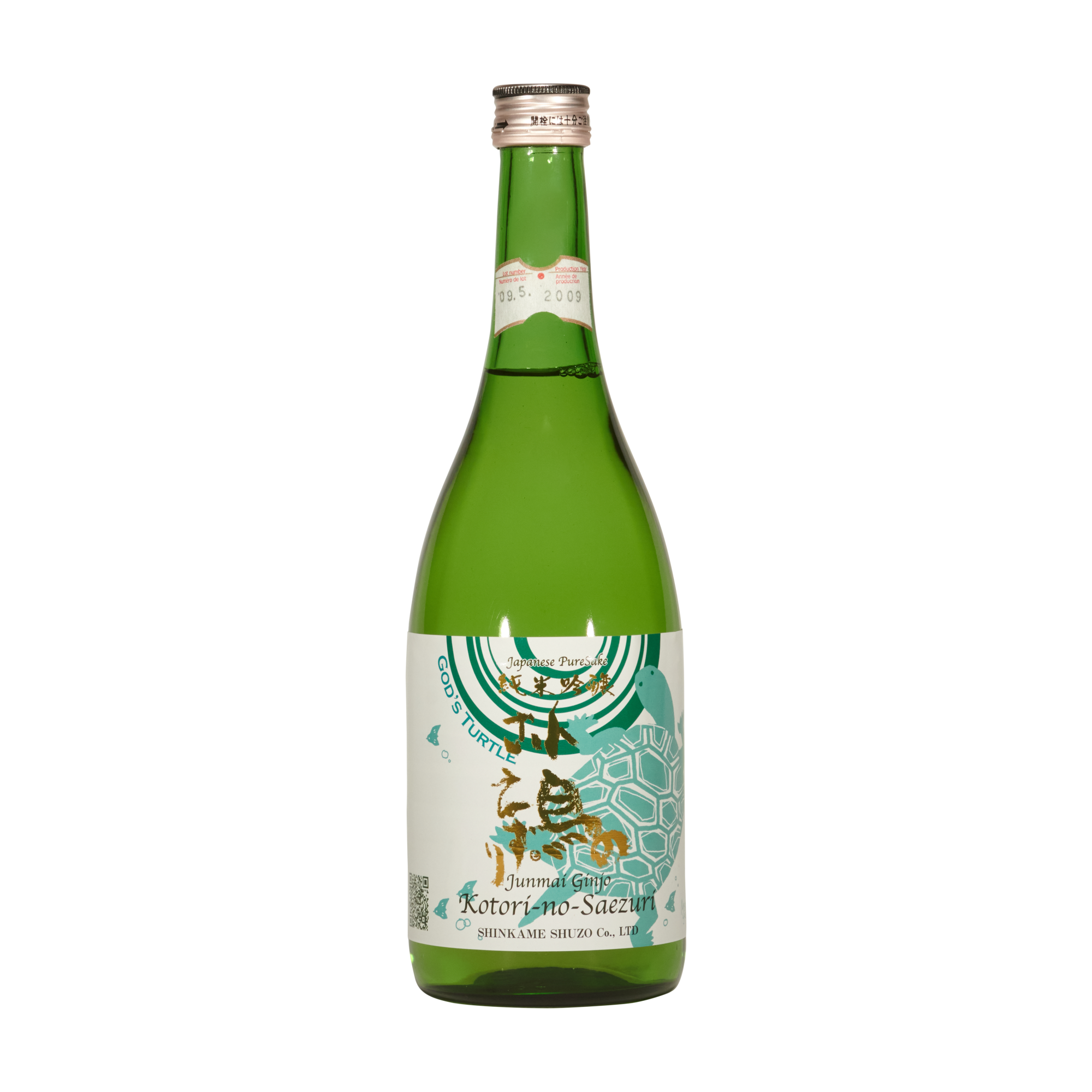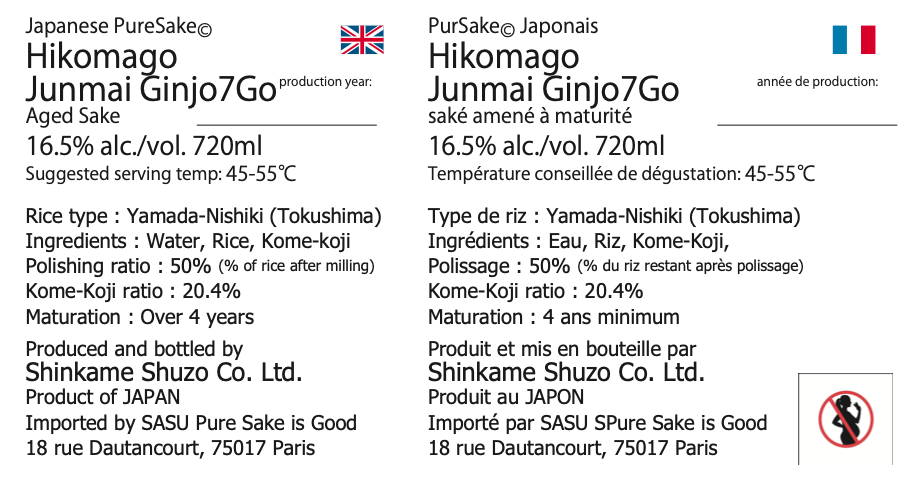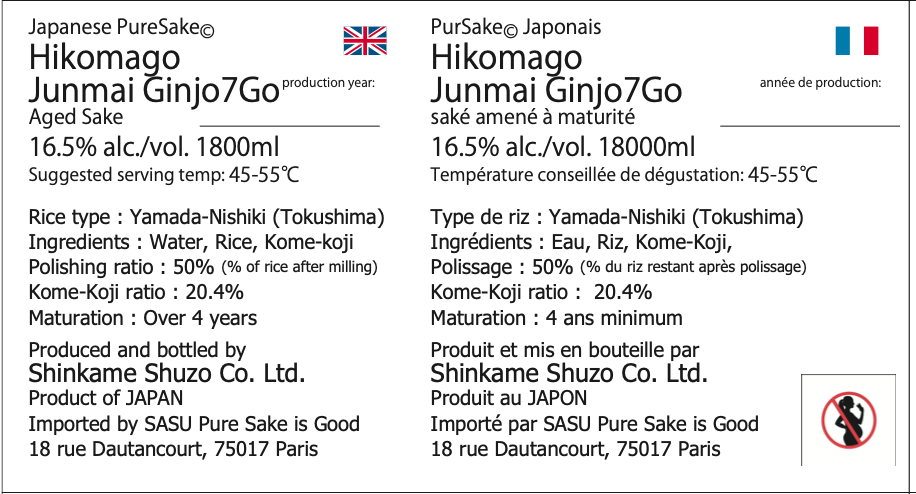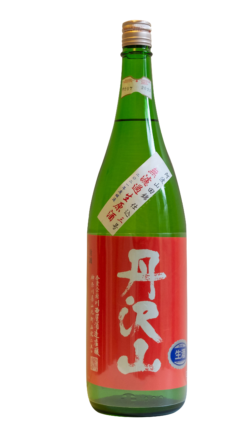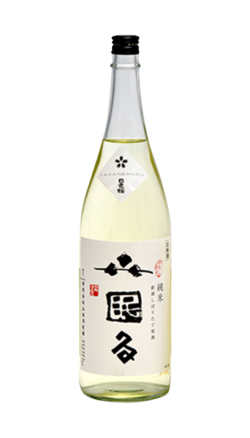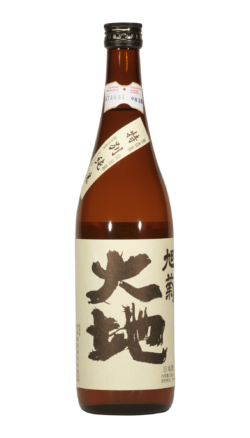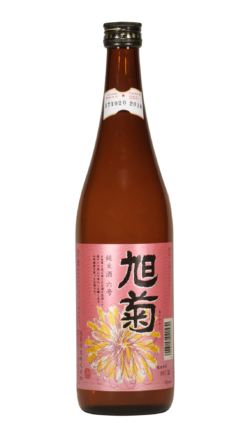| Weight | N/A |
|---|---|
| Sizes | N/A |
| Type of sake | |
| Brewery | Shinkame |
| Brassé par | |
| Prefecture | Saitama |
| Vintage | 2015, 2011, 2010, 2009, 2008, 2007, 2005, 2004 |
| Volume | 1.8l, 72cl, 30cl |
| Alcohol | 16.5% |
| Temperature | 42-60°C |
| Method | Sokujo moto |
| Junmai | Yes |
| Ingredients | Eau, Kome- Koji, Levures, Riz |
| Type of rice | Yamada-Nishiki |
| Origin of rice | Tottori prefecture |
| Yeast | Kyugo n°9 |
| Komekoji | 20,4% |
| Cuisson | |
| Polishing | 50% |
| Ginjo | Yes |
| Reduction | Yes, quantity not communicated by the brewer |
| Filtration | Micro filtration papier |
| Maturation | 4 ans minimum |
| Press |
Kotori no saezuri Junmai Ginjo
3.200,00 € – 10.000,00 €
"Song of the Little Birds" is produced from rice grown only with compost from the Tanaka farm. Before its taste disappears crisp in the back of your throat, feel its sweetness and the fragrance of rice and then a comfortable slight bitterness at the end. Its clear, crisp flavour tells you that it is very dry. When you drink it, you will truly understand what the Ginjo taste of traditional sake is.
Kotori no saezuri Junmai Ginjo
3.200,00 € – 10.000,00 €Kotori no saezuri Junmai Ginjo
"KOTORI NO SAEZURI" means "the song of little birds". This sake is made from a rice called Yamada-Nishiki which is known to be the best sake rice. It was produced by Tanaka Farm (Tottori Prefecture) using the compost method. There are only a few breweries in Japan that produce sake using 100% of this precious organic rice. Mr. Masayasu Tanaka, who works in organic farming, started growing Yamadanishiki rice when he met brewer Yoshimasa Ogawahara of Shinkame Shuzo Brewery. The result is "Kotori no Saezuri Junmai Ginjo", the ultimate sake brewed with 100% Yamada Nishiki from Tanaka farms. The name of the rice farmer, Masayasu Tanaka, even appears on the label, and it is said that the name of the sake "Kotori" was chosen as a tribute to the prefecture of Tottori, where Tanaka Farms is located. I heard another story that I will tell you when we meet at an upcoming trade show or at our table d'hôte in the Jura.
At Shinkame Brewery, Junmai Ginjo Sake is matured very slowly at a low temperature of -10 degrees Celsius for at least 4 years and more. You can enjoy a very soft, smooth, beautiful flavor and a delicate ginjo aroma. The very calm and luxurious taste melts into the food and brings out the flavors, making the food even more delicious. The delicate umami of the rice, especially when warm, gives it a slightly sweet aroma and a softness like snow. Many were impressed that a Junmai Ginjo could be heated with such an expression. Another masterpiece that represents the Shinkame brewery and the work of the late Yoshimasa Ogawahara. Stocks are dwindling, but being able to taste such sake is still possible ....
Maturation 2004 and 2005 vintages
Time amplifies and complexifies the qualities of sake. By letting it age, you will realize that a sake has several peaks in its life. If you want it to evolve very slowly, keep it at negative temperature down to -10°C. Avoid temperatures above 20°C and especially daylight. I also invite you to let age a bottle that you have opened and of which you have consumed a third or a half, having of course screwed the cork back on. I have tasted sakes that had been opened for almost 2 years, it is surprising, especially in the ability to paire with food. For me, this is one of the criteria of quality, when a sake is well made it must be able to endure the time before and after opening.
Accords d’excellence
I remember a pairing with a cheese produced in the Lot. It was a Catal, a goat cheese bought at the cheese shop in Paris "la ferme saint hubert" , which at the time was run by Paulette and Henry Voy who marked their time when they were still on Vignon street in the 8th arrondissement of Paris. It is important to choose it very smooth, the maturity of the cheese is very important in a sake pairing. The heat of the sake will participate in the explosion of flavors and at the same time the sake will bring a lot of sweetness and complexity.
La brasserie Shinkame
Established in 1848 in Saitama, the literal translation of the brewery's name is "holy turtle". Legend has it that many generations ago there was a shrine behind the brewery that celebrated the god of wisdom. A turtle lived there and was considered to be the messenger of this god.... more prosaically the turtle is an animal that lives very long, sometimes beyond the life of humans. It is a symbol of longevity.
After fighting for the revival of traditional sake since 1966, in 1987 Shinkame Brewery became the first brewery to produce only Junmai sake (pure rice sake)
It makes Kome-koji using the koji-buta method for all of its sake, which is the most labour-intensive and artisanal method of production. Mainly breweries use the kojibuta method only for their highest quality sake.
The brewery ages its sake for a minimum period of 2 to 3 years, even for its standard products. This ageing makes the sake smooth, complex and melts on the palate.

